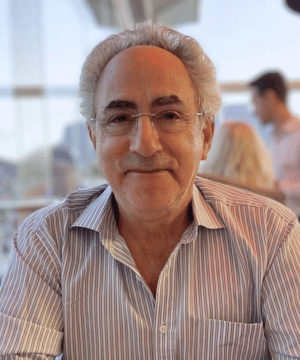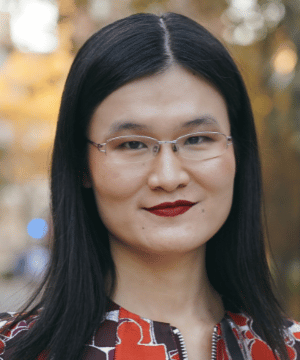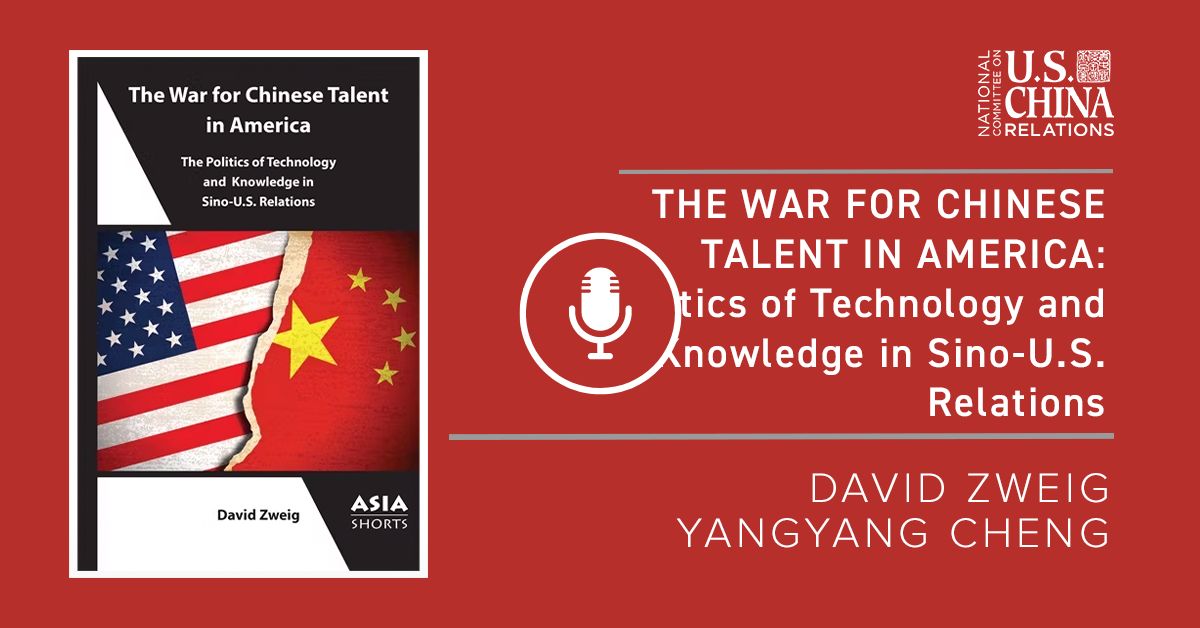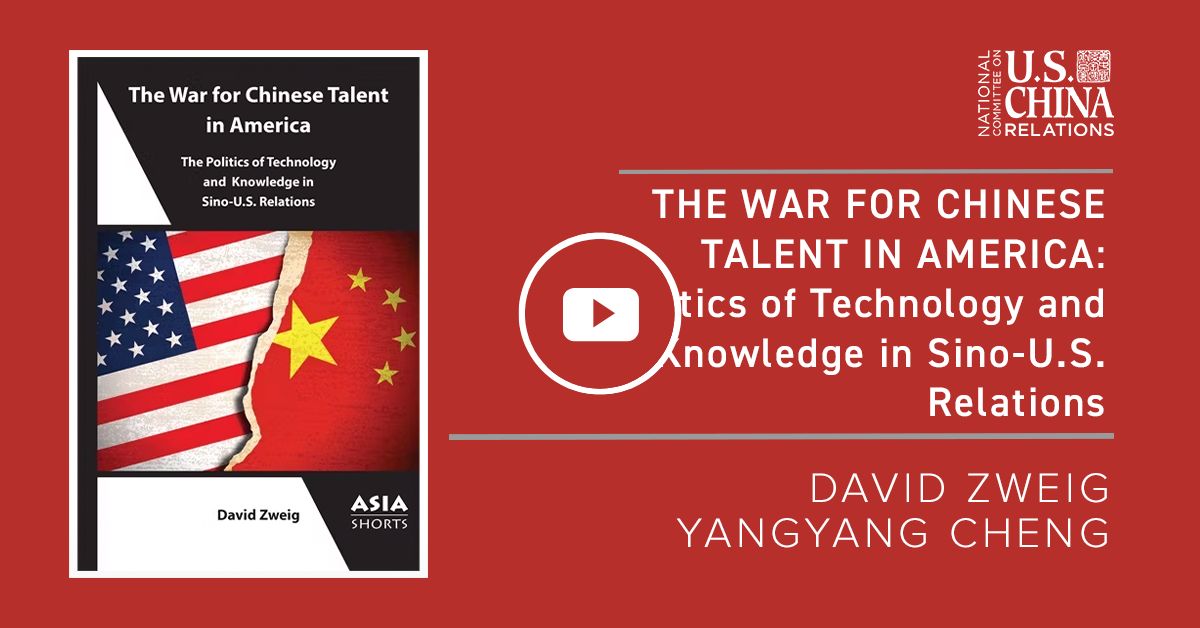Tuesday, September 10, 2024 | 4:00 PM EDT
To overcome “brain drain,” some countries encourage their overseas nationals to use the knowledge they gained abroad to help their motherlands. Since the mid-1990s, China’s party-state efforts include a wide array of programs and incentives to encourage overseas talent to transfer their knowledge back home. Many Chinese working abroad participate, some to strengthen their former homeland, others from self-interest. Author David Zweig’s new book, The War for Chinese Talent in America: The Politics of Technology and Knowledge in Sino-U.S. Relations, documents China’s effort to access U.S. technology and America’s vigorous counterattacks and efforts to disrupt the transfer of American technology to China.
In an interview conducted on September 10, 2024, David Zweig, in conversation with Yangyang Cheng, explores the status of Sino-American scientific collaboration and the outflow of some top Chinese talent from the United States back to China.
Speaker

David Zweig
David Zweig has studied China for decades. He is professor emeritus, Hong Kong University of Science and Technology, distinguished visiting professor, Taipei School of Economics and Political Science, National Tsinghua University, Taiwan, and vice-president of the Center for China and Globalization (Beijing). He has a Ph.D. from the University of Michigan, was a postdoctoral fellow at Harvard, and received the humanities and social sciences prestigious fellowship, Research Grants Council, Hong Kong.
Dr. Zweig has surveyed hundreds of Chinese who returned home and many who remain abroad. In 2012, he briefed Li Yuanchao, director of the organization department of the Chinese Communist Party, about why the 1000 Talents Plan was struggling. More recently, he was an expert witness in the defense of two Chinese professors under the Trump Administration’s “China Initiative.”
Professor Zweig is the author of five books; the latest is The War for Chinese Talent in America (2024).
Moderator

Yangyang Cheng
Yangyang Cheng is a research scholar in law and fellow at Yale Law School’s Paul Tsai China Center, where her work focuses on the development of science and technology in China and U.S.‒China relations. Her essays have appeared in outlets including The New York Times, The Guardian, The Nation, The New Statesman, Made in China Journal, MIT Technology Review, and WIRED. She is a co-host, writer, and producer of the narrative podcast series, Dissident at the Doorstep, from Crooked Media. Born and raised in China, Dr. Cheng received her Ph.D. in physics from the University of Chicago and her bachelor’s from the University of Science and Technology of China’s School for the Gifted Young. Before going to Yale, she worked on the Large Hadron Collider (LHC) for over a decade, most recently at Cornell University and as an LHC Physics Center Distinguished Researcher at the Fermi National Accelerator Laboratory.

